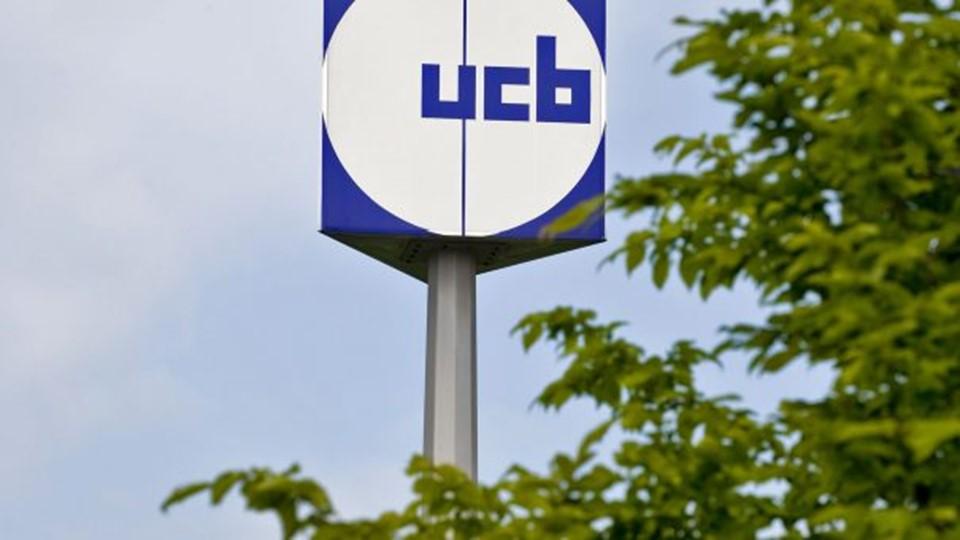UCB on course for approval of gMG drug Rystiggo in EU

UCB’s efforts to build a franchise of therapies for muscle-wasting disease generalised myasthenia gravis have taken another step forwards after the CHMP recommended approval of its Rystiggo therapy in the EU.
The EMA’s human medicines committee issued a positive opinion on Rystiggo (rozanolixizumab) as an add-on to standard therapy for the treatment of adult gMG patients who are anti-acetylcholine receptor (AChR) or anti-muscle-specific tyrosine kinase (MuSK) antibody-positive, the same indication that was approved by the US FDA in June.
The positive opinion is based on data from the phase 3 MycarinG study that found that Rystiggo treatment led to significant improvements in symptoms, such as the ability to breathe, talk, swallow, and rise from a chair compared to placebo, measured using the Myasthenia Gravis-Activities of Daily Living (MG-ASL) scale.
The subcutaneously-administered drug is an FcRn-targeting antibody that will compete with Argenx’s intravenous Vyvgart (efgartigimod alfa), which was approved by the European Commission in August 2022 only for people with the anti-AChR-positive form of gMG. That group accounts for around 85% of all cases of the autoimmune disease.
Argenx recently got CHMP backing for a subcutaneous formulation of its drug known as Vyvgart Hytrulo, which was also approved by the FDA earlier this year.
Rystiggo is just one of the gMG therapies in development at UCB, however, and in September the Belgian biopharma company also got a positive opinion from the CHMP for zilucoplan, a once-daily C5 inhibitor given by subcutaneous injection for anti-AChR antibody-positive gMG. Zilucoplan was approved as Zilbrysq by the FDA last month.
“There is a significant need to bring more targeted, well-tolerated, effective treatment options that address the pathophysiology of gMG disease,” said UCB’s chief medical officer, Iris Loew-Friedrich.
“If approved by the European Commission, UCB will be the first and only company to offer a gMG-focused portfolio with rozanolixizumab and zilucoplan, providing patients and clinicians the option of two targeted therapies.”
If approved, zilucoplan will compete most directly with AstraZeneca/Alexion’s Soliris (eculizumab), the current market leader in the C5 inhibitor category, and longer-acting follow-up Ultomiris (ravulizumab), which are given intravenously and made sales of $2.4 billion and $2.1 billion, respectively, in the first nine months of this year.
There has been some debate about whether more frequent subcutaneous injections will trump less frequent intravenous infusions in gMG, so all eyes will be on the take-up of Rystiggo and Zilbrysq over the next couple of years.













